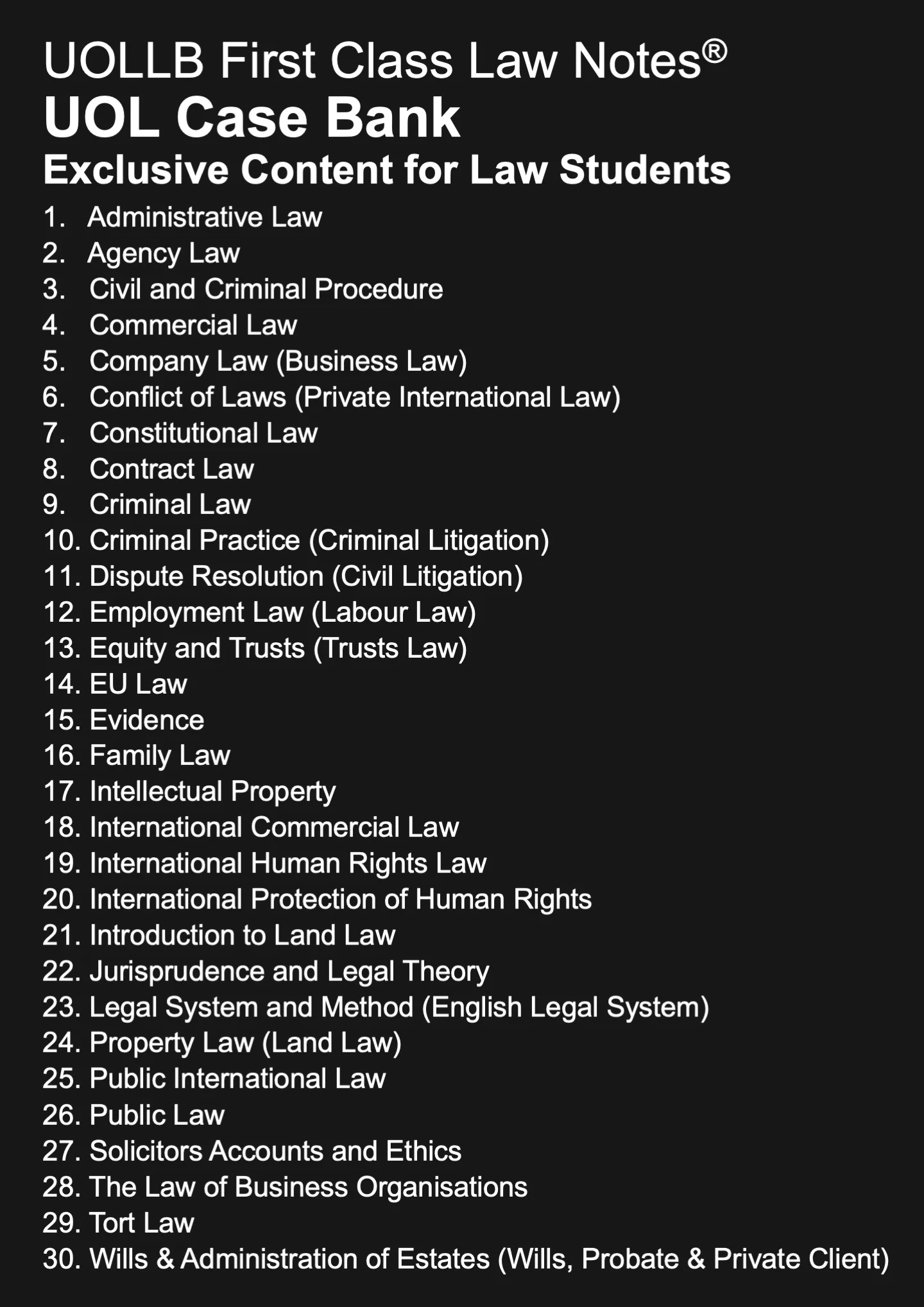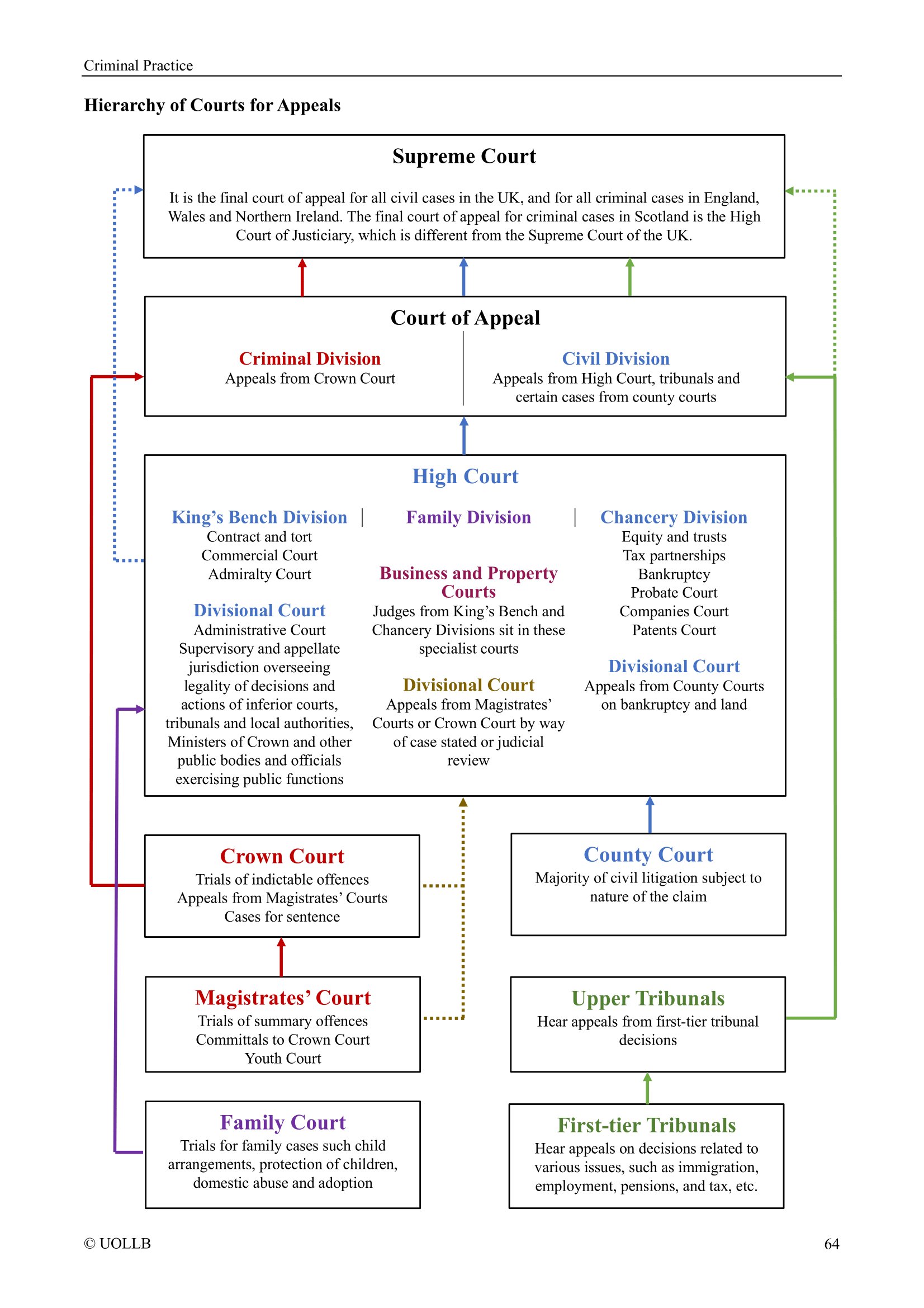Condition in Contract Law
Share
In contract law, a condition is a term or provision in a contract that is essential to the performance of the contract. Conditions are terms that are so important that they go to the heart of the agreement, and the parties entering into the contract typically regard them as being of fundamental importance.
A breach of a condition gives the innocent party the right to terminate the contract and seek damages. This means that if a condition is not fulfilled or is breached by one of the parties, the other party can choose to end the contract and seek compensation for any losses suffered as a result.
For example, in a contract for the sale of goods, a condition may be the quality of the goods. If the goods delivered do not meet the condition of quality specified in the contract, the buyer has the right to reject the goods, terminate the contract and claim damages for any losses suffered as a result of the breach of the condition.
The distinction between a condition and a warranty (a term that is not essential to the performance of the contract) is important in contract law because it affects the remedies available to the parties in case of a breach. If a term is classified as a condition, the innocent party has the right to terminate the contract and claim damages. If it is classified as a warranty, the innocent party can only claim damages.
It is important to note that not all terms in a contract are conditions. Whether a term is a condition or not depends on the intention of the parties, the wording of the contract, and the circumstances surrounding the agreement. Courts will consider the nature of the term and the consequences of a breach of that term when determining whether it is a condition or not.
A breach of a condition gives the innocent party the right to terminate the contract and seek damages. This means that if a condition is not fulfilled or is breached by one of the parties, the other party can choose to end the contract and seek compensation for any losses suffered as a result.
For example, in a contract for the sale of goods, a condition may be the quality of the goods. If the goods delivered do not meet the condition of quality specified in the contract, the buyer has the right to reject the goods, terminate the contract and claim damages for any losses suffered as a result of the breach of the condition.
The distinction between a condition and a warranty (a term that is not essential to the performance of the contract) is important in contract law because it affects the remedies available to the parties in case of a breach. If a term is classified as a condition, the innocent party has the right to terminate the contract and claim damages. If it is classified as a warranty, the innocent party can only claim damages.
It is important to note that not all terms in a contract are conditions. Whether a term is a condition or not depends on the intention of the parties, the wording of the contract, and the circumstances surrounding the agreement. Courts will consider the nature of the term and the consequences of a breach of that term when determining whether it is a condition or not.























































